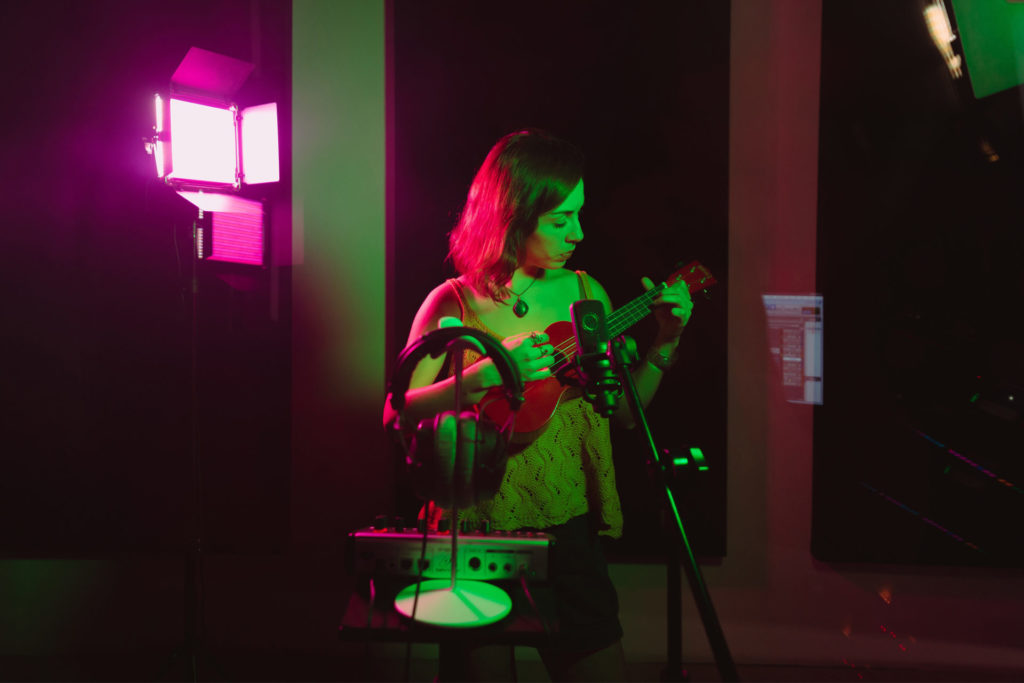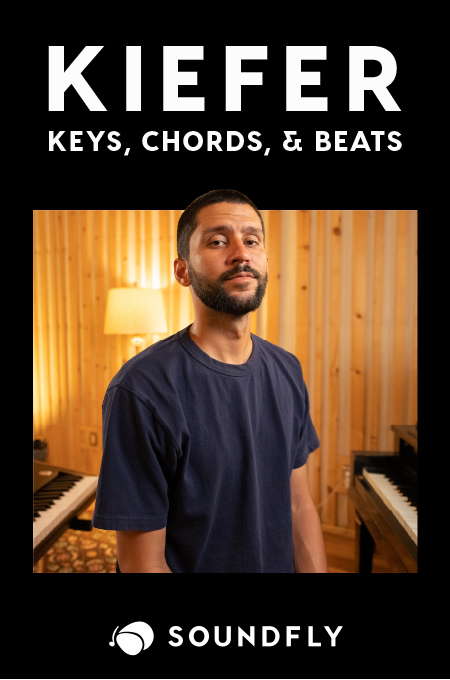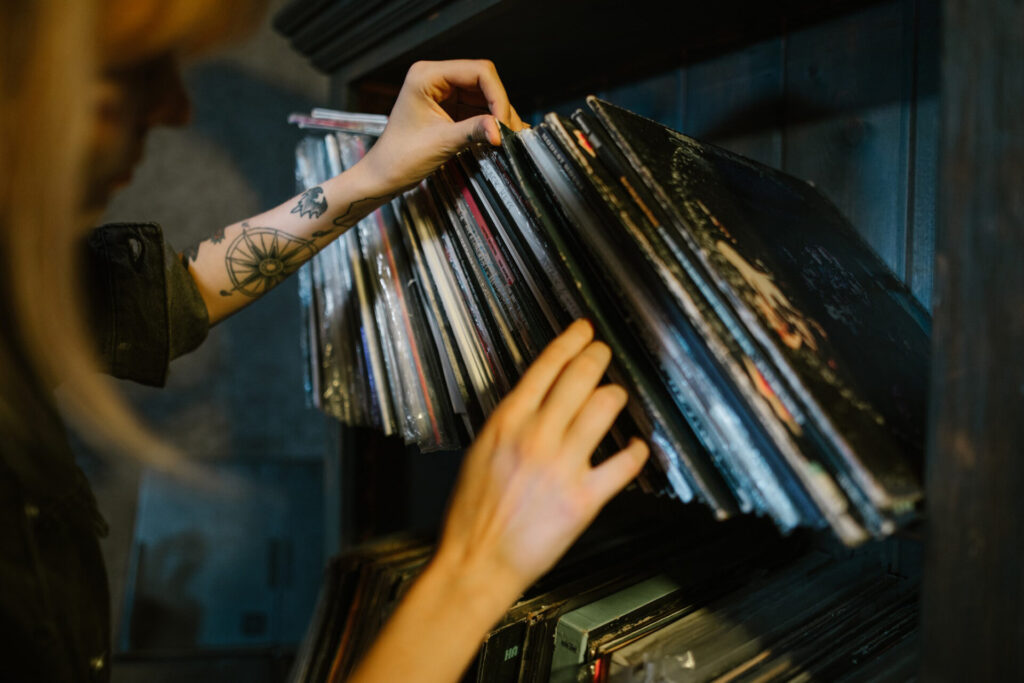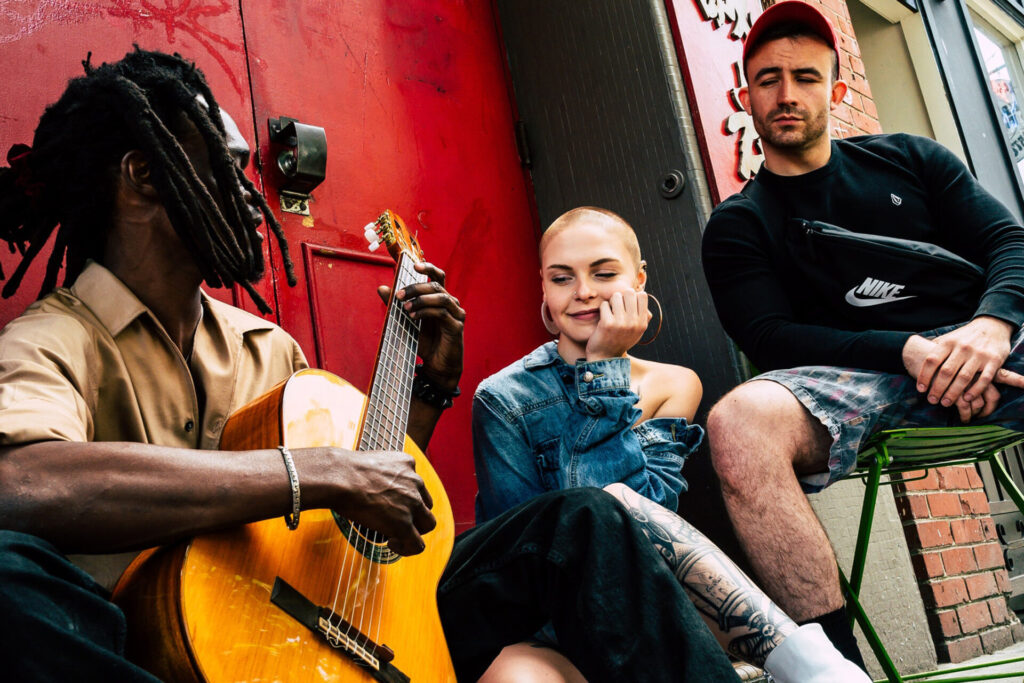+ Learn from Grammy-winning pop artist Kimbra how to harness the full creative potential of your voice in song. Check out her course.
Indie artists have blown up online because of cover songs. And it makes sense.
As an artist, it’s a fun way to share your favorite songs in your own style. And as a fan, it’s fascinating to see how different artists interpret famous songs.
So, if you’re looking to do more with your content marketing, grow your digital reach, and get creative with some songs you didn’t have to go through the trouble of writing yourself, then let’s talk about how you can legally cover a song in 2023. (Don’t worry, it’s easy.)
+ Enjoy access to Soundfly’s suite of artist-led music learning content for only $12/month or $96/year with our new lower price membership. Join today!
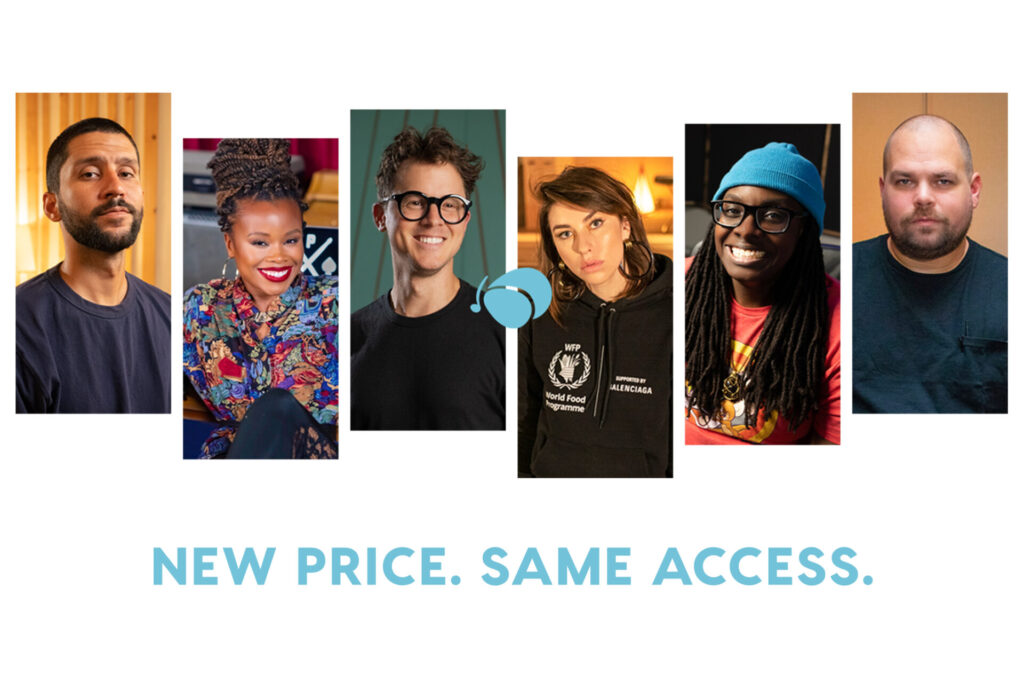
Covering a Song: Things To Know
Here are the most important things to know about legally covering a song. In the next section, we’ll cover the exact steps and the “how to” of it all.
1. You don’t need permission.
That’s right. You don’t need verbal or written approval from the writer or publisher of the song before you release your cover. If you did need permission, can you imagine how many requests Leonard Cohen’s team would have to address? No thank you. Anyone can cover anyone else’s song without getting permission before releasing it on streaming platforms.
2. You do need a mechanical license.
While you don’t need prior permission to cover a song, you do have to obtain a mechanical license before you release it. This ensures that the writer and publisher of the song both get paid and credited properly. And it ensures you don’t get sued.
To learn more about royalties and digital revenue streams, check out Soundfly’s free online course, How to Get All the Royalties You Never Knew Existed, taught by DIY music business guru, Ari Herstand.
3. Covering a song vs. sampling one…
Although similar, a cover song and a sample are different. Covers are when you record your own version of someone else’s song. A sample is when you use the original recording of someone else’s song in a recording of your original song.
Just know that sampling requires a totally different process to stay legal. Here’s a little more info on clearing a sample.
4. A music video for your cover song requires a sync license.
If you shoot a music video of a cover song you’ve recorded, you’ll need a synchronization (sync) license for the video (on top of the mechanical license).
The sync license does require you get permission before sharing the music video publicly. And the publisher needs to grant that sync license.
5. It’s easy to release a cover song.
I know it seems like there’s a lot of nuts and bolts involved in legally covering a song. But honestly, it’s easy because there are companies that do the leg(al) work for you in 2023.
The best news is: we’re going to walk you through it all below.
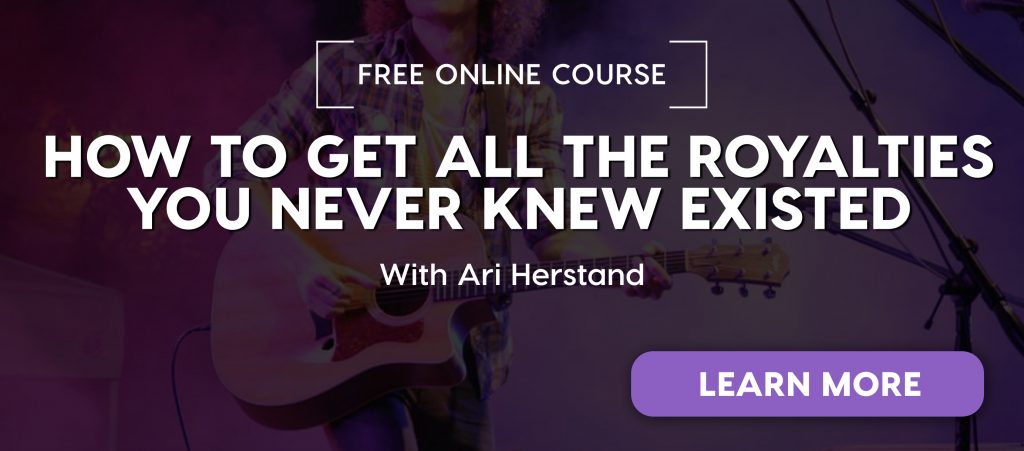
How to Legally Cover a Song (3 Steps)
After your song is fully produced, mixed, mastered, and you have artwork, follow these below steps. This is important as you may need to know details like the length of the recording, for example, when filling out the paperwork, but it’s also just generally good to finish the song before you handle the business-y stuff.
Step 1: Get the right license(s).
You need a mechanical license before you release your cover song. And you have a couple options for obtaining this license:
- Find a music distributor that obtains mechanical licenses for you (easiest option)
- Use Easy Song and get a license in 1-2 business days for under $15
- Use Songfile and get a license for $16
If you’ll be making a music video, you also need a sync license. You can go through We Are The Hits, “the official cover song video network,” to get that license.
Or you can rely on YouTube’s Content ID, which gives you the option to mark your video as a cover song. When you do this, YouTube will alert the songwriter and publisher that their song is being covered, at which point they can either choose to remove your video or monetize it (meaning they’ll collect any money it earns). Usually, they choose to monetize.
Step 2: Choose a music distributor.
The easiest way to release a cover song is to go through a music distributor that obtains a mechanical license for you.
For my cover of The Strokes’ “Someday,” I went through Soundrop. It was super easy and only cost $1.
You can also go through DistroKid for $12 a year, or Tunecore for a one-time fee of $70.
Alternatively, you can use whatever distributor you want after getting a mechanical license through Easy Song or Songfile.
Step 3: Register the cover song to earn royalties.
Even though it’s not your song, you can earn money from it because you own the master recording of your version of the song. So you need to make sure you’re ready to earn all the possible royalties.
Here are the master recording royalties you could earn:
- Streaming and download revenue paid by your music distributor
- Non-interactive streaming royalties (eg. from Pandora, iHeart Radio, SiriusXM) paid by SoundExchange
- Master use for sync fees paid when your recording of a cover song is used in audiovisual media (eg. TV show, commercial, movie). While you will get paid the upfront sync fee by the sync licensing agent, company, or music supervisor, any publishing/songwriting royalties go to the publisher/songwriter(s), not you.
There you have it! Everything you need to know to legally cover a song in 2023. Now get covering.
Don’t stop here!
Continue learning with hundreds of lessons on songwriting, mixing, recording and production, composing, beat making, and more on Soundfly, with artist-led courses by Kimbra, Com Truise, Jlin, Kiefer, and the new Ryan Lott: Designing Sample-Based Instruments.
